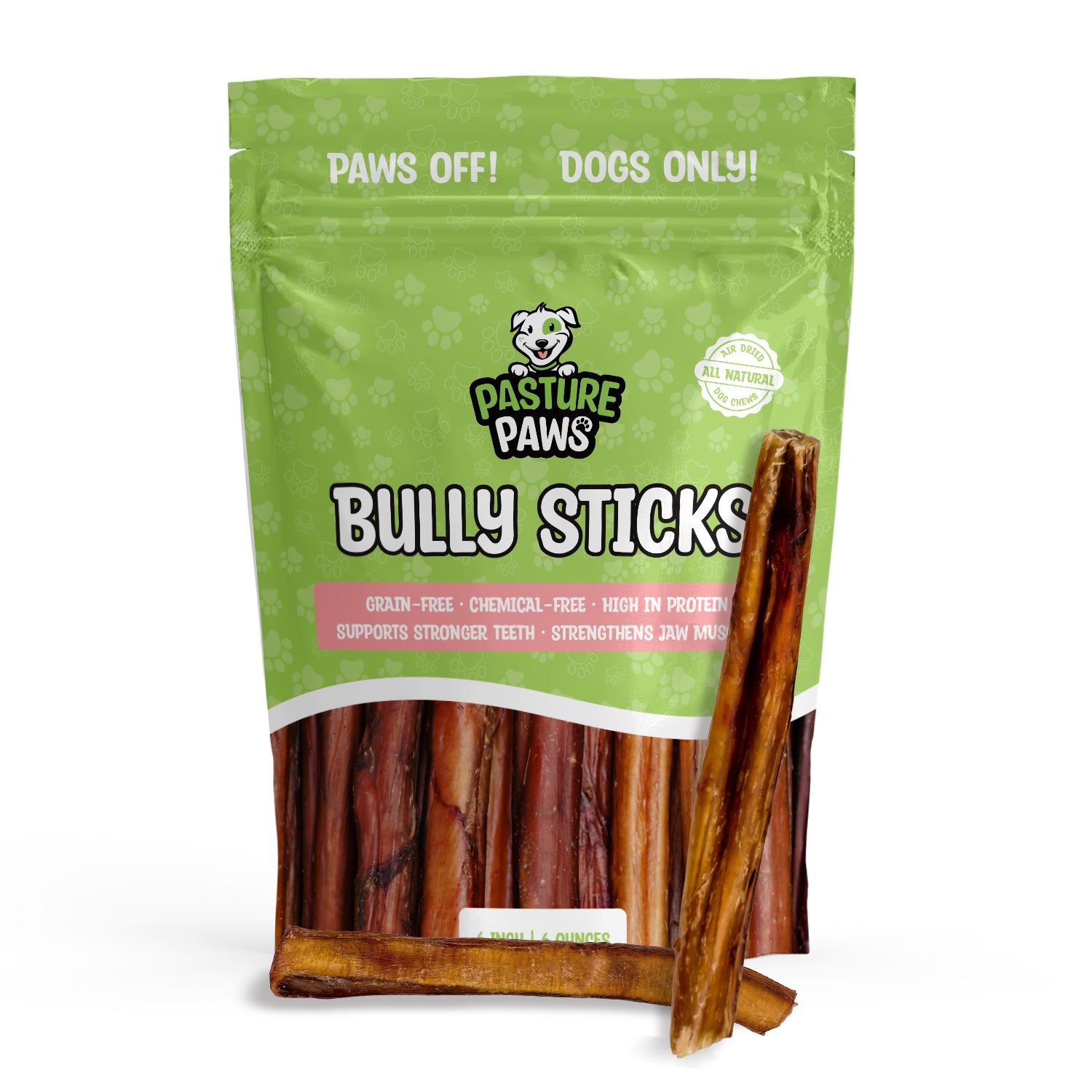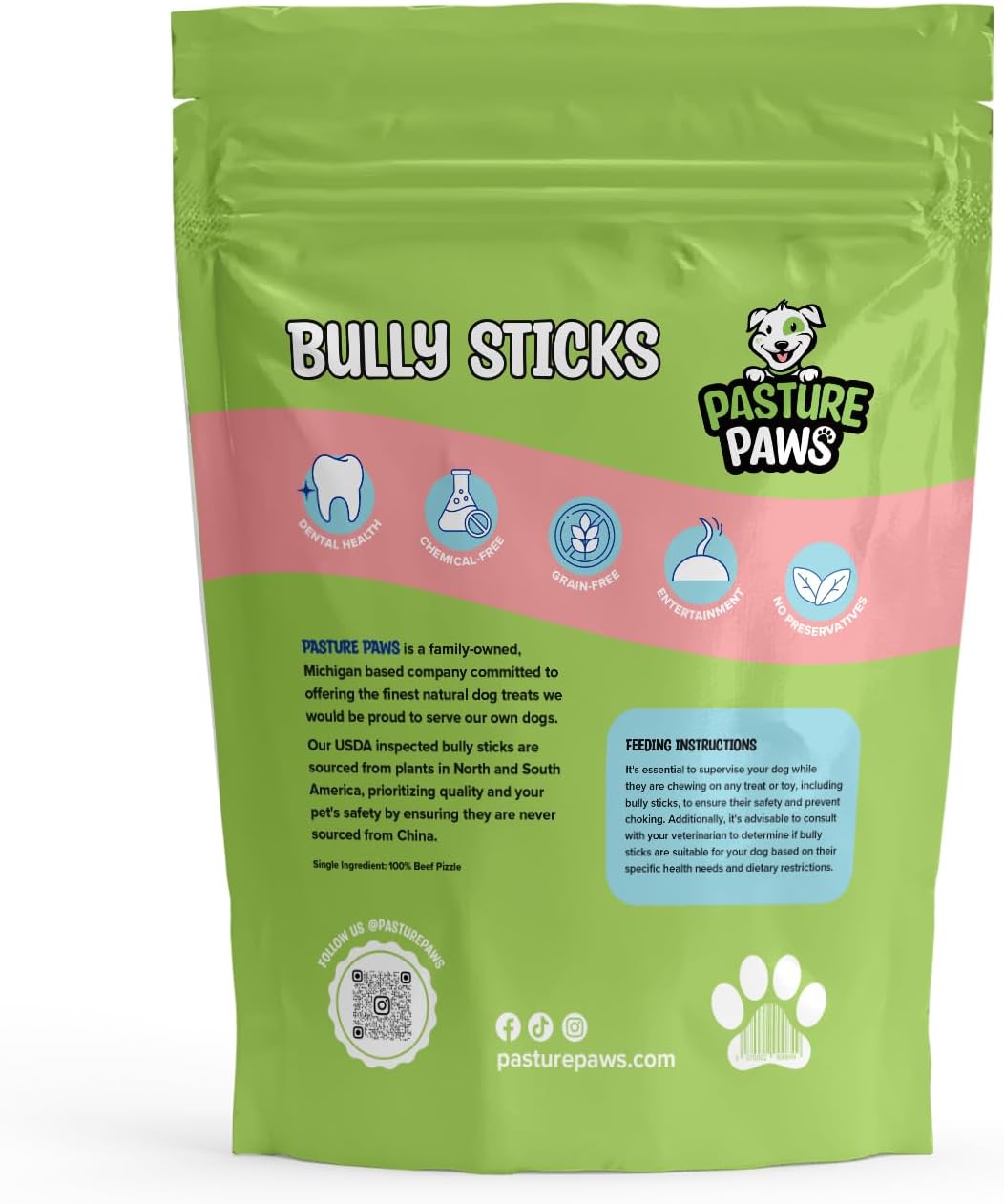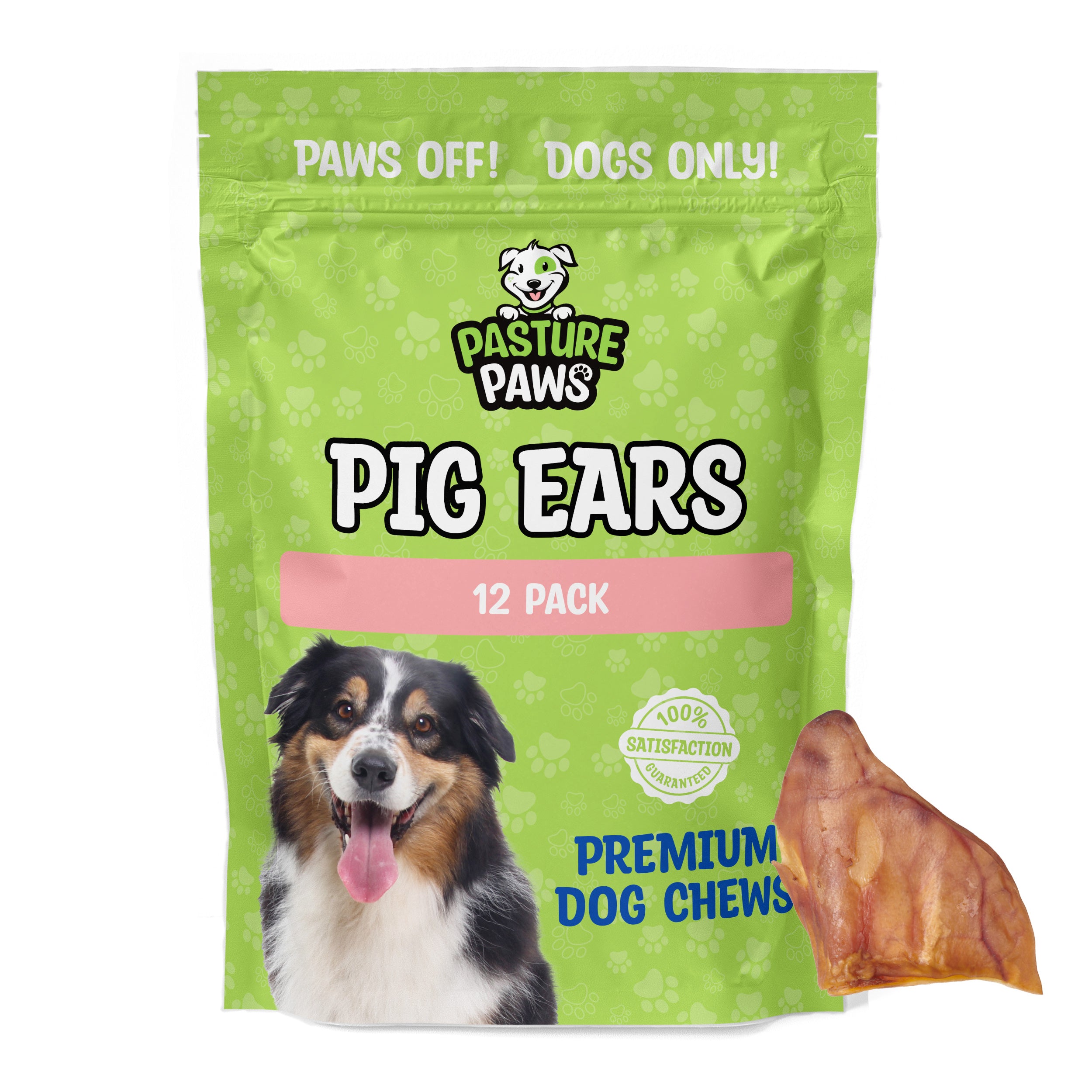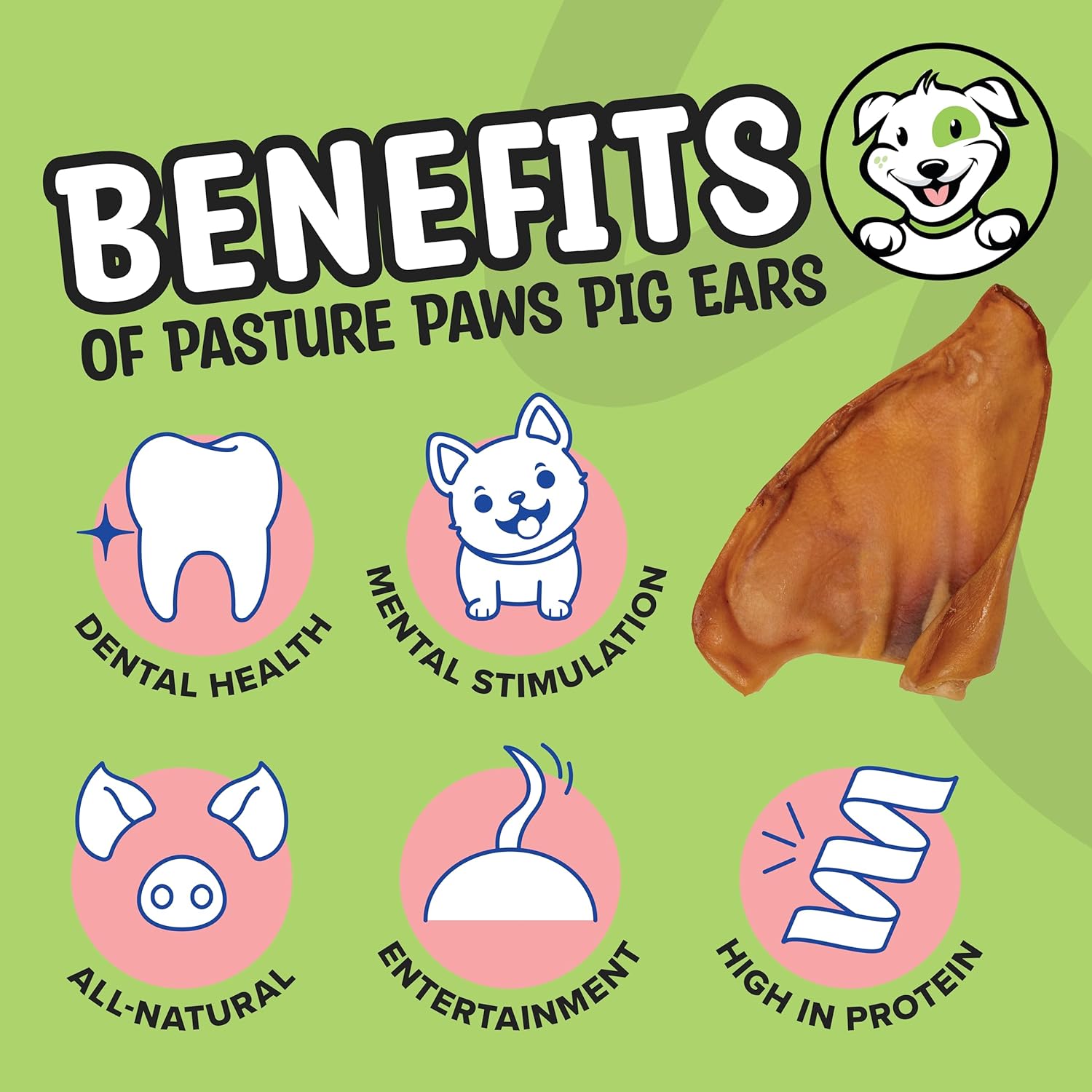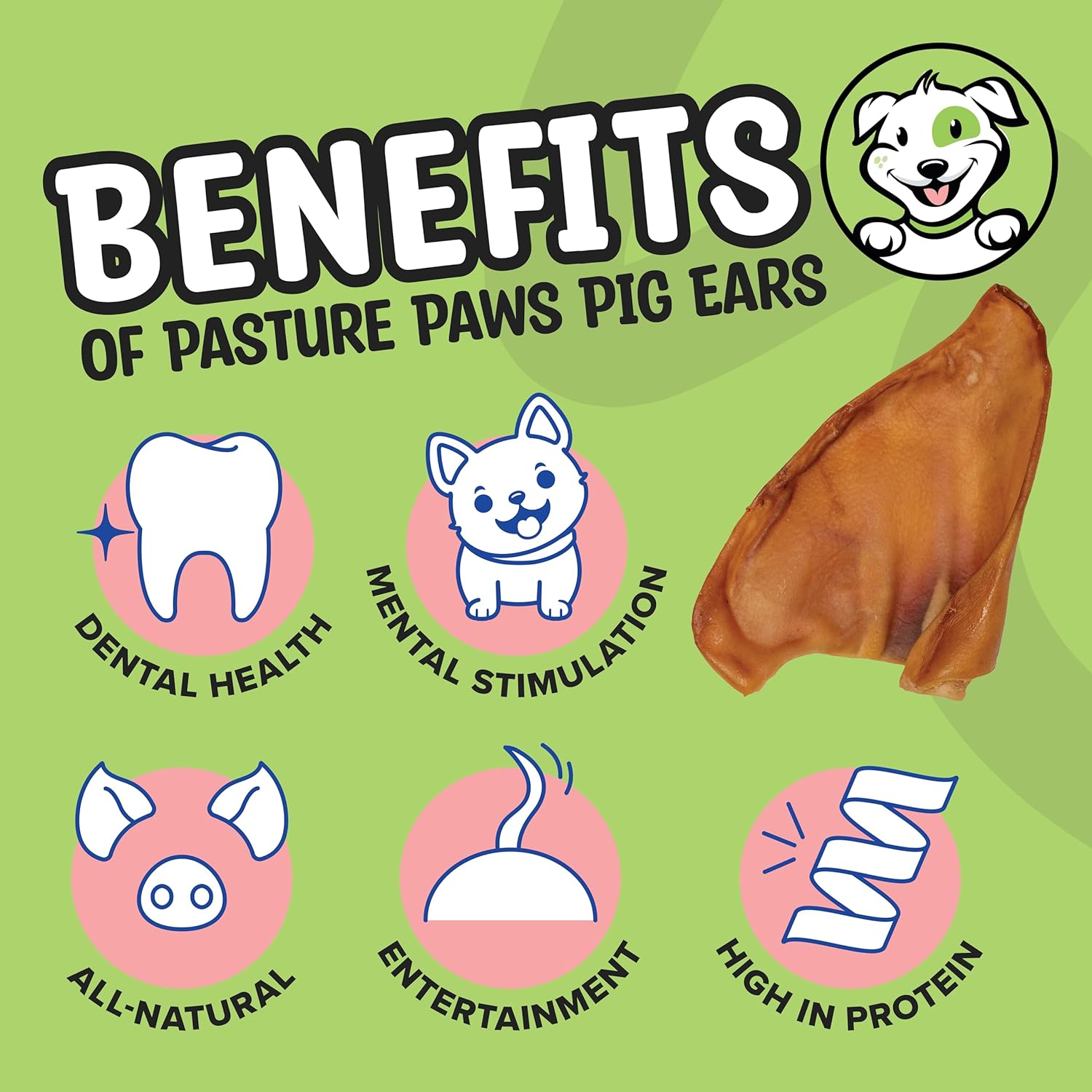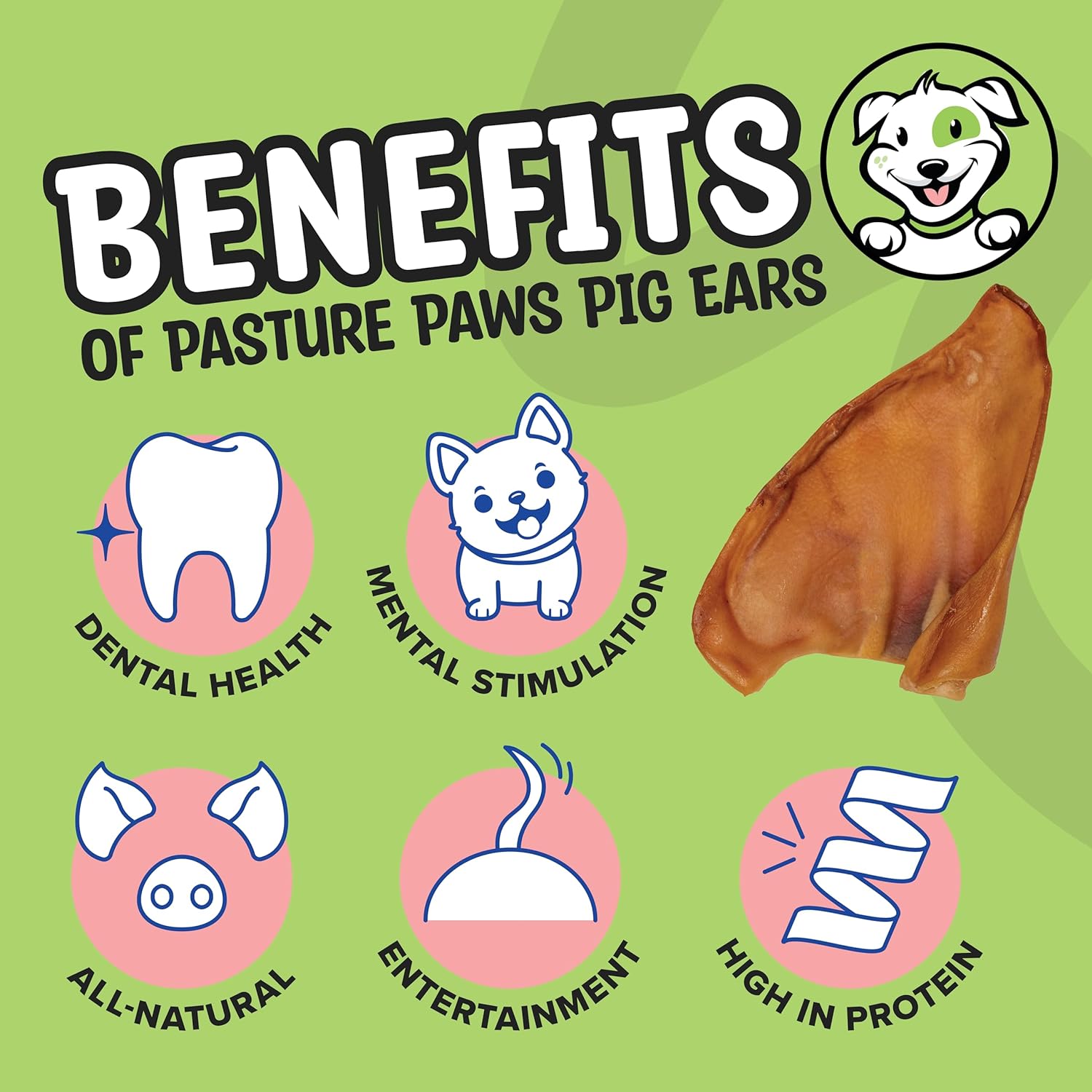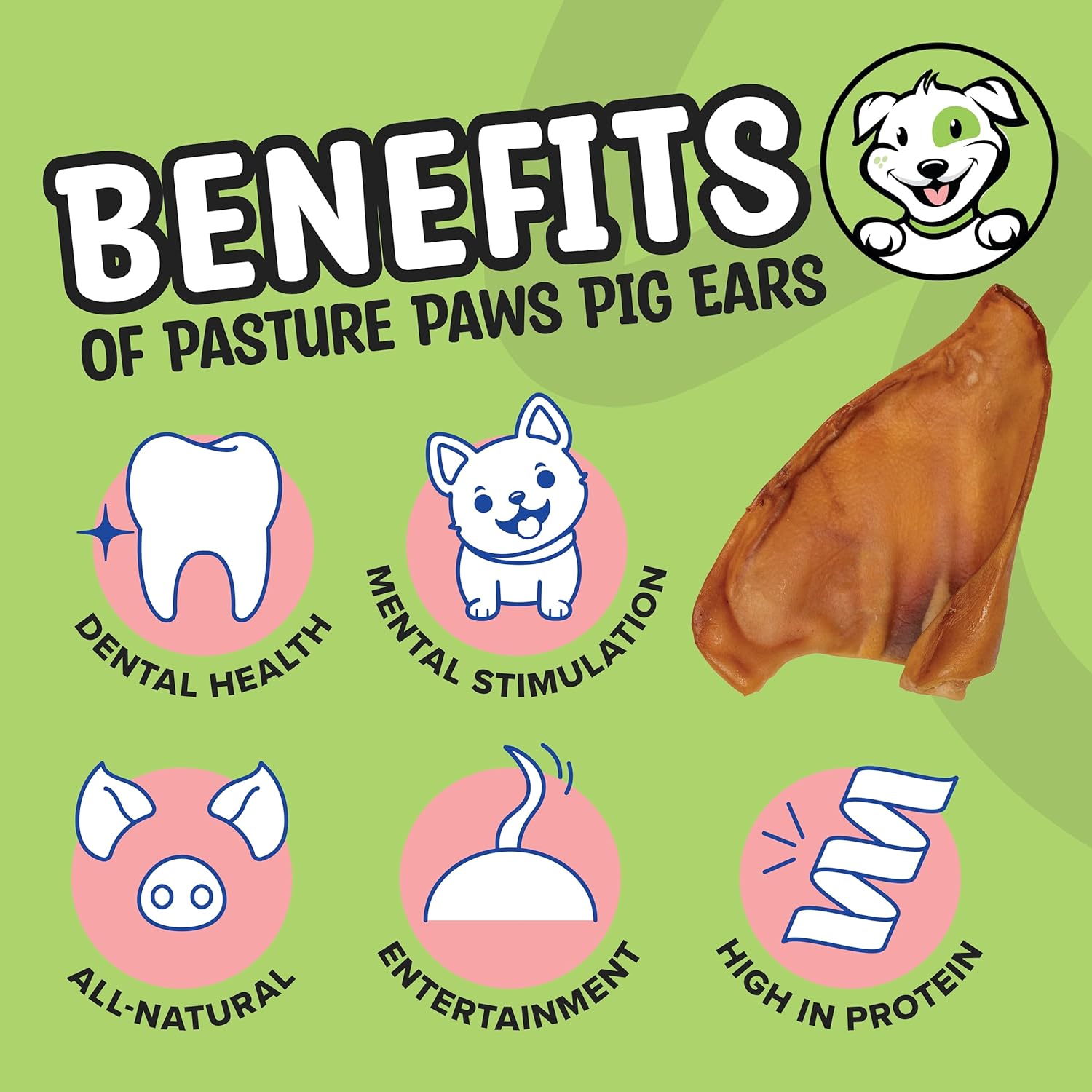If you're a dog owner, you know that dogs love to chew. Whether they're puppies teething or adults looking for something to do, providing your dog with a chew treat can be a great way to keep them entertained and satisfied. However, with so many different types of chews on the market, it can be tough to know which ones are the best for your furry friend. In this article, we'll explore some of the best chew treats for dogs and what you should look for when choosing one.

One important factor to consider when choosing a chew treat for your dog is their dental health. Chewing can help keep your dog's teeth clean and healthy by removing plaque and tartar buildup. Some chews are specifically designed to promote dental health, while others may be less effective. Additionally, you should be aware of the risk of choking when giving your dog a chew treat, especially if they are prone to swallowing large pieces. It's important to supervise your dog while they're chewing and choose treats that are appropriate for their size and chewing habits.
Another factor to consider when choosing a chew treat for your dog is their age. Puppies have different chewing needs than adult dogs, and giving them the wrong type of chew can be dangerous. For example, puppies may be more likely to swallow small pieces or choke on large ones, so it's important to choose chews that are specifically designed for puppies. Additionally, older dogs may have dental issues or be more prone to choking, so you should choose chews that are appropriate for their age and health status.
Benefits of Chew Treats for Dogs

Chew treats are not only a tasty snack for your furry friend, but they also provide several benefits for their overall health and well-being. Here are some of the benefits of chew treats for dogs:
Promoting Dental Hygiene
Chewing on treats can help clean your dog's teeth by reducing tartar buildup and plaque. As dogs chew, the treats rub against their teeth and gums, which helps remove any buildup that may have accumulated. This can help prevent dental issues such as gum disease and tooth decay, which can lead to more serious health problems if left untreated.
Aid in Managing Weight
Chew treats can also be a helpful tool in managing your dog's weight. Many chew treats are low in calories, making them a great alternative to high-calorie snacks. Additionally, chewing on treats can help your dog feel full and satisfied, which can prevent them from overeating or begging for food.
Stress Relief and Behavioral Enrichment
Chew treats can also provide stress relief and behavioral enrichment for your dog. Chewing on treats can be a calming activity for dogs, especially those who are anxious or bored. Additionally, some chew treats are designed to provide mental stimulation, which can help prevent destructive behaviors such as chewing on furniture or shoes.
Overall, chew treats are a great addition to your dog's diet and can provide several benefits for their health and well-being. Just be sure to choose treats that are appropriate for your dog's size and dietary needs, and always supervise them when they are chewing to prevent choking or other issues.
Types of Dog Chew Treats

When it comes to choosing the right chew treat for your dog, there are several types to consider. Each type has its own unique benefits and drawbacks, so it's important to choose the one that's best for your dog's needs. Here are the three main types of dog chew treats:
Natural Chews
Natural chews are made from real animal parts and are often considered the most natural and healthy option for dogs. Some popular natural chews include bones, antlers, and trachea. Bones can be a great source of calcium and other nutrients for your dog, but it's important to make sure they are raw and uncooked to avoid splintering. Antlers are a long-lasting and durable option, but they can be expensive. Trachea is another great option that is high in glucosamine and chondroitin, which can help support your dog's joint health.
Edible Dog Chews
Edible dog chews are treats that can be eaten by your dog, and they come in a variety of flavors and textures. Some popular edible chews include bully sticks, rawhides, and Greenies. Bully sticks are made from dried beef and are a great source of protein, but they can be high in calories. Rawhides are a popular option, but they can be dangerous if your dog swallows large pieces. Greenies are a dental chew that can help clean your dog's teeth, but they can also be high in calories.
Synthetic Chews
Synthetic chews are made from materials like nylon or rubber and are designed to be durable and long-lasting. Some popular synthetic chews include the Yak cheese chew and other rawhide alternatives. Yak cheese chews are made from a hard cheese that is low in fat and high in protein, making them a healthy option for your dog. Rawhide alternatives are a great option for dogs that have a sensitivity to rawhide but still enjoy chewing.
Overall, when choosing a chew treat for your dog, it's important to consider their individual needs and preferences. Whether you choose a natural, edible, or synthetic chew, make sure it's safe and appropriate for your dog's size and chewing habits.
Choosing the Right Size and Texture

When it comes to choosing the right chew treats for your furry friend, size and texture are two important factors to consider. Different breeds and ages of dogs have different chewing habits and dental needs, so it's essential to choose a chew that's appropriate for your dog's size and age.
For Small Breeds
If you have a small breed dog, it's essential to choose a chew that's small enough for them to handle. Look for chews that are specifically designed for small dogs, such as mini dental chews or soft chews. These chews are usually softer and easier to chew, making them ideal for dogs with smaller teeth and jaws. Soft chews are also a great option for older dogs with dental issues.
For Large Breeds
For larger breeds, it's important to choose a chew that's durable and can withstand heavy chewing. Look for chews that are made from tough materials, such as rawhide or nylon. These chews are usually larger and thicker, making them ideal for dogs with stronger jaws. Durable chews also promote healthy teeth and gums by helping to remove plaque and tartar.
For Puppies and Seniors
Puppies and senior dogs have different chewing needs than adult dogs. Puppies need softer chews that are easy on their developing teeth, while senior dogs need chews that are gentle on their aging teeth and gums. Look for chews that are specifically designed for puppies or seniors, such as softer chews or dental chews with added nutrients for joint and dental health.
When it comes to texture, softer chews are ideal for dogs with dental issues or sensitive teeth. Harder chews, on the other hand, are great for promoting healthy teeth and gums by helping to remove plaque and tartar. It's important to choose a chew that's appropriate for your dog's chewing habits and dental needs to ensure their overall health and well-being.
In summary, choosing the right size and texture of chew treats is crucial for your dog's dental health and overall well-being. Consider your dog's size, age, and chewing habits when selecting a chew, and always supervise your dog while they enjoy their treat.
Safety Considerations

When selecting chew treats for your dog, safety should always be a top priority. Here are some important considerations to keep in mind:
Avoiding Choking Hazards
Choking is a serious risk when it comes to chew treats. To avoid this, make sure to select treats that are appropriate for your dog's size and chewing habits. Large, hard treats may be too difficult for small dogs to chew and could pose a choking hazard. Additionally, always supervise your dog while they are chewing to ensure they do not swallow large pieces.
Preventing Dental Issues
Chew treats can be a great way to promote dental health in dogs, but it is important to choose treats that are safe for their teeth. Avoid hard treats that could potentially break teeth or cause other dental issues. Instead, opt for softer treats that are specifically designed to clean teeth and massage gums.
It is also important to note that not all chew treats are created equal. Some treats, such as rawhide, have been known to splinter and cause digestive issues. Always consult with your veterinarian before giving your dog a new type of chew treat to ensure it is safe for them to consume.
Overall, chew safety is an important consideration for any dog owner. By selecting appropriate treats and supervising your dog while they chew, you can help prevent choking hazards, dental issues, and other potential health risks.
Ingredients and Nutritional Value
When it comes to choosing the best chew treats for your dog, understanding the ingredients and nutritional value is crucial. Here are some important factors to consider:
Understanding Additives and Preservatives
Some chew treats for dogs contain additives and preservatives to improve the taste, texture, and shelf life of the product. While some of these ingredients are safe, others may be harmful to your dog's health. For example, excessive salt intake can lead to dehydration and kidney problems in dogs. Look for treats with low salt content and avoid those with added sugars or artificial flavors.
The Importance of Single-Ingredient Chews
Single-ingredient chews, such as bully sticks and beef tendons, are a great choice for dogs with sensitive stomachs or food allergies. These chews are made from a single protein source and do not contain any fillers or artificial ingredients. They are also a good source of protein and other essential nutrients.
Nutritional Supplements in Chews
Some chew treats for dogs contain nutritional supplements that can benefit your dog's health. For example, chews with glucosamine and chondroitin can help support joint health, while those with omega-3 fatty acids can improve skin and coat health. Look for chews that contain natural ingredients such as vegetables, cranberries, carrots, and flaxseed, which provide additional nutritional benefits.
When choosing chew treats for your dog, it's important to read the label carefully and choose products that are organic, grain-free, and made from high-quality ingredients. By doing so, you can ensure that your dog receives the best possible nutrition and enjoys a healthy and happy life.
Specific Needs and Preferences

When it comes to choosing the best chew treats for your dog, it's important to consider their specific needs and preferences. Here are some factors to keep in mind:
For Aggressive Chewers
If your dog is an aggressive chewer, you'll want to look for chews that are durable and long-lasting. Hard chews like antlers, bones, and hooves can provide a satisfying chewing experience for your pup, but be sure to supervise them while they're chewing to prevent any choking hazards. Additionally, some dogs may be prone to dental issues, so consult with your veterinarian to determine if hard chews are appropriate for your dog's dental health.
For Dogs with Food Allergies
If your dog has food allergies or sensitivities, it's important to choose chews that are free of the ingredients that trigger their allergic reactions. Look for chews that are made with limited ingredients or that are specifically formulated for dogs with food allergies. For example, some chews are made with alternative proteins like venison or duck, which can be a good option for dogs with allergies to more common proteins like chicken or beef.
For Dogs with Joint Health Concerns
If your dog has joint health concerns, there are chews that can help support their joint health and mobility. Look for chews that are fortified with joint-supporting ingredients like glucosamine and chondroitin. Additionally, softer chews like bully sticks or fish skins can be a good option for dogs with dental issues or joint pain.
Overall, it's important to choose chews that are appropriate for your dog's specific needs and preferences. Consult with your veterinarian if you have any concerns about which chews are best for your dog's health.
Product Selection and Recommendations
When it comes to selecting the best chew treats for your furry friend, there are a few factors to consider. You want to choose chews that are safe, healthy, and enjoyable for your dog. In this section, we will provide you with some recommendations for different types of chews based on your specific needs and preferences.
Veterinarian-Recommended Chews
If you want to ensure that you are giving your dog the best possible chew treats, look for products that have the Veterinary Oral Health Council (VOHC) seal of approval. This seal indicates that the product has been tested and proven to be effective in promoting oral health in dogs. Some of the best veterinarian-recommended chews include:
- Virbac C.E.T. Enzymatic Oral Hygiene Chews for Dogs
- Greenies Original Regular Natural Dental Dog Treats
- Purina Pro Gentle Snackers
Cost-Effective Choices
If you are on a budget, there are still plenty of great chew treats that won't break the bank. Look for products that are made with simple, wholesome ingredients and are free from artificial colors, flavors, and preservatives. Some cost-effective options include:
- Himalayan Dog Chew For Dogs
- Pawstruck Beef Collagen Braids for Dogs
- Canine Naturals Hide Free Chicken Recipe Rolls
Eco-Friendly and Sustainable Options
If you are concerned about the environmental impact of your dog's chew treats, there are plenty of eco-friendly and sustainable options available. Look for products that are made from sustainably sourced ingredients and have minimal packaging. Some of the best eco-friendly and sustainable chews include:
- Barkworthies Smoked Large Yak Cheese Dog Chews
- Riley's Organic Pumpkin & Coconut Dog Treats
- Chippin Spirulina Dailies
Types of Chew Treats for Your Dog
No matter what type of chew treat you choose for your dog, it is important to always supervise them while they are chewing and to choose products that are appropriate for their size and chewing habits. By selecting the right chew treats for your furry friend, you can help promote good oral health and keep them happy and healthy for years to come.
Frequently Asked Questions
What are the top vet-recommended chews for dogs?
According to Vetstreet, some of the top vet-recommended chews for dogs include SmartBones Smart Kabobz Dog Treats, Canine Naturals Hide Free Chicken Recipe Rolls, Virbac C.E.T. Enzymatic Oral Hygiene Chews for Dogs, and Pawstruck Beef Collagen Braids for Dogs. These chews are not only tasty, but also help to clean your dog's teeth and promote good oral hygiene.
Which chew bones are safe for puppies under 3 months?
Puppies under 3 months old should not be given any type of chew bones. Their teeth are still developing and they are at risk of choking or breaking their teeth. Instead, consider giving your puppy soft toys or chew toys that are specifically designed for puppies.
What are the longest lasting chew treats for dogs?
The longest lasting chew treats for dogs include antlers, bully sticks, and Himalayan yak chews. These chews are made from durable materials and can provide hours of chewing entertainment for your furry friend.
What are the healthiest chew options for dogs?
The healthiest chew options for dogs include those that are made from natural ingredients and do not contain any artificial additives or preservatives. Look for chews that are made from high-quality proteins, such as beef or chicken, and avoid those that are high in fat or sugar.
Which chew snacks are considered best for small dogs?
Small dogs require smaller chews that are appropriate for their size. Some of the best chew snacks for small dogs include Greenies Dental Dog Treats, Zuke's Mini Naturals Dog Treats, and Blue Buffalo Dental Bones.
Are yak chews a safe option for dogs, and why?
Yes, yak chews are a safe option for dogs. They are made from natural ingredients and do not contain any harmful chemicals or additives. Additionally, yak chews are high in protein and low in fat, making them a healthy and nutritious treat for your furry friend. Just make sure to supervise your dog while they are chewing to prevent any choking hazards.
